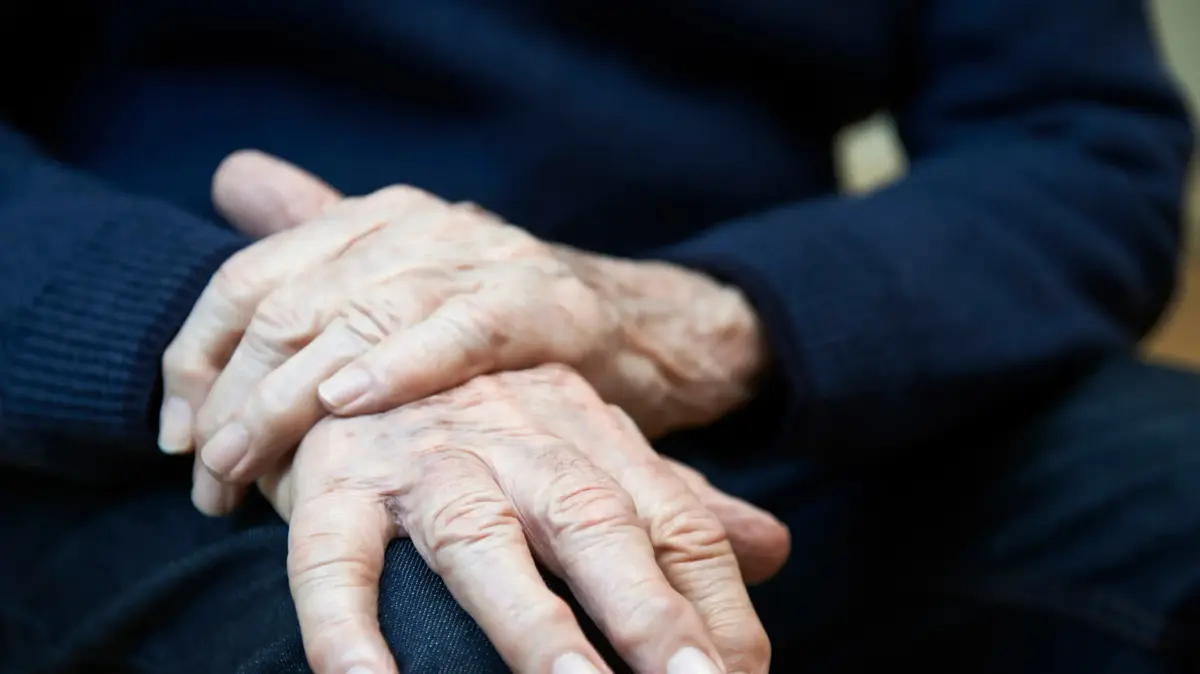Much more than tremors: this is what you must know about Parkinson's
The risk of Parkinson's increases with age, and even though we don't want to think about it - it is considered a relatively common neurological disease.
An expert explains how to lower the risk of the disease - and how to live alongside it
Iris Cole
08/19/2022
Friday, August 19, 2022, 08:00 Updated: 08:23
Share on Facebook
Share on WhatsApp
Share on Twitter
Share by email
Share in general
Comments
Comments
Dr. Tamara Shiner explains what Parkinson's disease is and how to live alongside it (Walla system!)
Parkinson's disease affects more than 10 million people worldwide, and is characterized by the gradual degeneration of brain cells that secrete dopamine, which causes severe movement disabilities and eventually death.
Beyond the movement difficulties and tremors associated with the disease, Parkinson's also causes cognitive decline.
Dr. Tamara Sheiner, a senior physician in the Department of Cognitive Neurology at Ichilov, was a guest on the "Expert Clinic" podcast to explain why this happens - and how to live with the disease.
"Parkinson is a relatively common neurological disease, its prevalence increases with age, and statistics say that 1 percent of people People over the age of 60 will develop Parkinson's," Dr. Sheiner explained.
Usually when you think of Parkinson's you think of tremors and slowness of walking, but the disease has other characteristics such as a balance disorder that can also manifest itself in falls.
Also, "there are people who suffer from Parkinson's who don't have tremors at all," explained Dr. Scheiner.
Is there a way to prevent Parkinson's?
Parkinson's disease develops very slowly.
"The process that damages the cells that produce dopamine begins to occur between 10 and 20 years before you see symptoms," Dr. Sheiner explained. Therefore, in the medical world, they are trying to work on early detection, to try to prevent the disease and not just treat it. "We are still Not there," said Dr. Shiner, but clarified that there are things that can be done to lower the chance of the disease appearing.
More in Walla!
The early signs that can predict whether you will develop Parkinson's
To the full article
"There are things you can do every day to lower the risk of all the degenerative diseases that damage the brain. And this includes: physical activity, especially aerobic activity, a balanced diet, the Mediterranean diet is always recommended and in addition to it also fatty fish, and in addition to being active - cognitively and socially. If you work, continue to work, and if you retired - maintain social ties."
These things can definitely delay the disease.
The most important thing is to stay active.
A group of older friends (Photo: ShutterStock)
Who is at risk for Parkinson's?
"We know a number of genes that increase the risk of getting Parkinson's, and there are 2 genes that are common in Ashkenazi Jews, which we are investigating to understand the connection," said Dr. Sheiner, "a person who has a relative with Parkinson's, and does not have these genes, so There is twice the frequency of getting sick, so it is a bit of an increase in frequency, but there is a greater chance that they will not develop the disease."
Is cognitive decline a sign of Parkinson's?
Cognitive decline is something that is common with age, but there are things that are reasonable, and others that raise cause for concern.
"Things that are unusual for age. For example, many people find it difficult to remember the names of people they meet, and this is considered within the normal range, but malfunctions at home such as forgetting to lock the door several times, or forgetting a pot on the gas more than once or twice - this raises the suspicion of cognitive decline ".
This decrease can be a sign of several diseases, including Alzheimer's, but sometimes it is actually related to Parkinson's.
In Parkinson's, cognitive decline is relatively common, but it usually happens after a long time of the disease, over 10 years, and the decline occurs less in memory, but more in other functions, "such as the ability to plan ahead".
It is important to identify the cognitive decline, as the treatment can greatly relieve the patient.
"For example, physical activity and social activity are also very important for people who have already developed cognitive decline, because it can slow down or prevent further decline," said Dr. Sheiner. Occupational therapists can also be very helpful, as can treatment by speech therapists. And of course, there are medications that help. Most drugs for Parkinson's treat the motor decline, but there are also drugs that ease the cognitive decline.
Parkinson's is a disease for which there is no cure, but "there are people who live for decades with Parkinson's. Every person is different, and there are people whose disease progresses very slowly," said Dr. Sheiner, and she reiterated how important it is to remain socially and physically active in order to improve The quality of life alongside the disease. "It is possible to stabilize, and it is possible to help, and it is possible to treat," she said.
health
Tags
Parkinson's
brain

